Political liberation is incomplete without economic
independence and here breakthrough is still awaited
 Ela Bhatt
Ela Bhatt
The defining experience of my life since India's Independence has been the search for the Second Freedom — the economic empowerment of the poor, toiling women of Gujarat. The First Freedom, political power, the country had achieved in 1947. The Second Freedom, economic power, we are yet to achieve. Economic self-reliance was as important for Gandhiji as political independence. He described economic poverty as the 'moral collapse' of society. The problem of poverty and loss of freedom are not separate.
After Independence was won, the atmosphere in universities and civic life was charged with restless enthusiasm to rebuild the nation. I am a product of that early atmosphere, and that enthusiasm somehow has not diminished. Our teachers sent us out to the people of India, to the rural poor. Over a period of time, we realised that the right to vote was not enough for the poor and women.
It took many more years for us to realise that what they sorely needed was access to and ownership of economic resources. The poor women wanted to enjoy what we at SEWA now call Second Freedom: Doosri Azadi. Gandhiji's ideas on economics made a deep impression on my mind. He believed that poverty is wrong because: it is violent, it does not respect human labour, it strips individuals of their humanity, and it takes away their freedom.
In 1955, after I got my law degree, I started working as a junior lawyer in the legal department of the Textile Labour Association (TLA). While dealing with industrial workers, I met many women. The first was Soopa, a migrant from Khandesh, a poor district in Maharashtra. She slept on the sidewalk by night and during the day carried bales of cloth on her head — transporting goods from wholesalers to retailers, from the railway yards to a warehouse, or from shop to shop in the Dhanlaxmi cloth market.
She was paid Rs 2 per trip, and she made an average of 20 trips a day. I noticed that half of her income went directly from her employer to the contractor who had brought her from her village. Soopa and the other women headloaders taught me my first lessons in collective bargaining. I began to see the myriad forms of exploitation and how the women coped with the humiliations and injustices done to them. I was surprised to see how willing they were to risk everything. They had so much to lose if we failed in our efforts for better wages, and yet it was they who gave me the courage to fight on.
I wanted to organise the women workers in a union so that they could enjoy the same benefits that organised labour received. In the process, I came to a simple realisation — a union is about coming together, not against but for themselves. By forming a union, they affirmed their status as workers, and by coming together, they had a voice.
To lump such a vast workforce into categories like marginal, informal or unorganised seemed absurd to me.
Marginal and peripheral to what? The mainstream was shrinking and the margins were getting wider! In my eyes, they were simply "self-employed", with diverse occupations evolved out of traditional, inherited, occupational skills adapted to changing needs. What they needed was support. But all these realisations came later. When SEWA was established in April 1972, I had only a vague idea of these definitions.
The formal banking system in India was nationalised in 1969 with pressure from the central government on the local banks 'to serve the poor'. So in 1972, SEWA approached the banks. Since the banks had no idea how to reach the poor, let alone how to assess their creditworthiness, they were keen to use SEWA as an intermediary. But it was not so simple. Lack of collateral and illiteracy were the problems. At a SEWA members' meeting at Naranghat in December 1973, Chandaben, a used garment dealer from Poori Bazar, asked me, "Ben, why can't we have our own bank?" "Because we have no money," I replied patiently. You need a very large amount of capital to start a bank!" "Well, we may be poor, but we are so many," she replied. Chandaben's words took everyone aback! Why ever not?
We had found the capital, but the Registrar of Cooperatives would not register our bank because the applicants were women, poor, illiterate, "in scattered occupations" and of "lower community". These reasons are not in the Urban Cooperative Bank Act; the real block was just the middle-class, bureaucratic mindset. The registrar then took another course of argument. "How can you ever do banking with illiterates?" Not one of the 15 promoters of the proposed bank could sign their names. That evening, I taught each one of them to sign their names. However, the registrar was not impressed. Then I suggested that we use photographs on passbooks for identification. He agreed and so SEWA Bank was registered as a cooperative bank.
The women completely shattered the myth that the poor are not bankable. The illiterate, the slum dwellers, and the self-employed not only proved themselves creditworthy, they turned their bank into a profitable financial venture, without the aid of any subsidy. And year after year, since its inception, SEWA Bank shareholders have received dividends without fail. Few banks, commercial or otherwise, can boast of that! Change, to be real, has to come from the people; it cannot be trickled down, imported, or imposed. The poor, because they are in the majority, especially need to be heard. But India's democracy, although strong, has feet of clay.
The core lesson from SEWA's journey is that when the poor come together, build organisations, promote asset formation and ownership, provide social security, allow for active participation and a voice, they are dynamic and healthy. We need policies that encourage self-help and local cooperative economic initiatives. This strengthens the community and stems the downward spiral into poverty.
Ela Bhatt is the founder of India's Self-Employed Women's Association (or SEWA).
![submenu-img]() This singer left Air Force, sang at churches, became superstar; later his father killed him after...
This singer left Air Force, sang at churches, became superstar; later his father killed him after...![submenu-img]() Indian-origin man says Apple CEO Tim Cook pushed him...
Indian-origin man says Apple CEO Tim Cook pushed him...![submenu-img]() Anil Ambani’s Rs 96500000000 Reliance deal still waiting for green signal? IRDAI nod awaited as deadline nears
Anil Ambani’s Rs 96500000000 Reliance deal still waiting for green signal? IRDAI nod awaited as deadline nears![submenu-img]() Most popular Indian song ever on Spotify has 50 crore streams; it's not Besharam Rang, Pehle Bhi Main, Oo Antava, Naina
Most popular Indian song ever on Spotify has 50 crore streams; it's not Besharam Rang, Pehle Bhi Main, Oo Antava, Naina![submenu-img]() Did Diljit Dosanjh cut his hair for Amar Singh Chamkila? Imtiaz Ali reveals ‘he managed to…’
Did Diljit Dosanjh cut his hair for Amar Singh Chamkila? Imtiaz Ali reveals ‘he managed to…’ ![submenu-img]() DNA Verified: Is CAA an anti-Muslim law? Centre terms news report as 'misleading'
DNA Verified: Is CAA an anti-Muslim law? Centre terms news report as 'misleading'![submenu-img]() DNA Verified: Lok Sabha Elections 2024 to be held on April 19? Know truth behind viral message
DNA Verified: Lok Sabha Elections 2024 to be held on April 19? Know truth behind viral message![submenu-img]() DNA Verified: Modi govt giving students free laptops under 'One Student One Laptop' scheme? Know truth here
DNA Verified: Modi govt giving students free laptops under 'One Student One Laptop' scheme? Know truth here![submenu-img]() DNA Verified: Shah Rukh Khan denies reports of his role in release of India's naval officers from Qatar
DNA Verified: Shah Rukh Khan denies reports of his role in release of India's naval officers from Qatar![submenu-img]() DNA Verified: Is govt providing Rs 1.6 lakh benefit to girls under PM Ladli Laxmi Yojana? Know truth
DNA Verified: Is govt providing Rs 1.6 lakh benefit to girls under PM Ladli Laxmi Yojana? Know truth![submenu-img]() Alia Bhatt wears elegant saree made by 163 people over 1965 hours to Met Gala 2024, fans call her ‘princess Jasmine’
Alia Bhatt wears elegant saree made by 163 people over 1965 hours to Met Gala 2024, fans call her ‘princess Jasmine’![submenu-img]() Jr NTR-Lakshmi Pranathi's 13th wedding anniversary: Here's how strangers became soulmates
Jr NTR-Lakshmi Pranathi's 13th wedding anniversary: Here's how strangers became soulmates![submenu-img]() Streaming This Week: Heeramandi, Shaitaan, Manjummel Boys, latest OTT releases to binge-watch
Streaming This Week: Heeramandi, Shaitaan, Manjummel Boys, latest OTT releases to binge-watch![submenu-img]() Remember Ayesha Kapur? Michelle from Black, here's how actress, nutrition coach, entrepreneur looks after 19 years
Remember Ayesha Kapur? Michelle from Black, here's how actress, nutrition coach, entrepreneur looks after 19 years![submenu-img]() Remember Heyy Babyy's cute 'Angel' Juanna Sanghvi? 20 year-old looks unrecognisable now, fans say 'her comeback will...'
Remember Heyy Babyy's cute 'Angel' Juanna Sanghvi? 20 year-old looks unrecognisable now, fans say 'her comeback will...'![submenu-img]() DNA Explainer: Why Harvey Weinstein's rape conviction was overturned, will beleaguered Hollywood mogul get out of jail?
DNA Explainer: Why Harvey Weinstein's rape conviction was overturned, will beleaguered Hollywood mogul get out of jail?![submenu-img]() What is inheritance tax?
What is inheritance tax?![submenu-img]() DNA Explainer: What is cloud seeding which is blamed for wreaking havoc in Dubai?
DNA Explainer: What is cloud seeding which is blamed for wreaking havoc in Dubai?![submenu-img]() DNA Explainer: What is Israel's Arrow-3 defence system used to intercept Iran's missile attack?
DNA Explainer: What is Israel's Arrow-3 defence system used to intercept Iran's missile attack?![submenu-img]() DNA Explainer: How Iranian projectiles failed to breach iron-clad Israeli air defence
DNA Explainer: How Iranian projectiles failed to breach iron-clad Israeli air defence![submenu-img]() This singer left Air Force, sang at churches, became superstar; later his father killed him after...
This singer left Air Force, sang at churches, became superstar; later his father killed him after...![submenu-img]() Most popular Indian song ever on Spotify has 50 crore streams; it's not Besharam Rang, Pehle Bhi Main, Oo Antava, Naina
Most popular Indian song ever on Spotify has 50 crore streams; it's not Besharam Rang, Pehle Bhi Main, Oo Antava, Naina![submenu-img]() Did Diljit Dosanjh cut his hair for Amar Singh Chamkila? Imtiaz Ali reveals ‘he managed to…’
Did Diljit Dosanjh cut his hair for Amar Singh Chamkila? Imtiaz Ali reveals ‘he managed to…’ ![submenu-img]() Watch: Arti Singh gets grand welcome at husband Dipak's house with fairy lights and fireworks, video goes viral
Watch: Arti Singh gets grand welcome at husband Dipak's house with fairy lights and fireworks, video goes viral![submenu-img]() Meet actress, who belongs to family of superstars, quit films after 19 flops, no single hit in 9 years; is still worth…
Meet actress, who belongs to family of superstars, quit films after 19 flops, no single hit in 9 years; is still worth…![submenu-img]() IPL 2024: Suryakumar Yadav's century power MI to 7-wicket win over SRH
IPL 2024: Suryakumar Yadav's century power MI to 7-wicket win over SRH![submenu-img]() DC vs RR, IPL 2024: Predicted playing XI, live streaming details, weather and pitch report
DC vs RR, IPL 2024: Predicted playing XI, live streaming details, weather and pitch report![submenu-img]() Watch: Team India’s new jersey for T20 World Cup 2024 unveiled
Watch: Team India’s new jersey for T20 World Cup 2024 unveiled![submenu-img]() DC vs RR IPL 2024 Dream11 prediction: Fantasy cricket tips for Delhi Capitals vs Rajasthan Royals
DC vs RR IPL 2024 Dream11 prediction: Fantasy cricket tips for Delhi Capitals vs Rajasthan Royals![submenu-img]() IPL 2024: Kolkata Knight Riders take top spot after 98 runs win over Lucknow Super Giants
IPL 2024: Kolkata Knight Riders take top spot after 98 runs win over Lucknow Super Giants![submenu-img]() Indian-origin man says Apple CEO Tim Cook pushed him...
Indian-origin man says Apple CEO Tim Cook pushed him...![submenu-img]() Meet man whose salary was only Rs 83 but his net worth grew by Rs 7010577000000 in 2023, he is Mukesh Ambani's...
Meet man whose salary was only Rs 83 but his net worth grew by Rs 7010577000000 in 2023, he is Mukesh Ambani's...![submenu-img]() Job applicant offers to pay Rs 40000 to Bengaluru startup founder, here's what happened next
Job applicant offers to pay Rs 40000 to Bengaluru startup founder, here's what happened next![submenu-img]() Viral video: Family fearlessly conducts puja with live black cobra, internet reacts
Viral video: Family fearlessly conducts puja with live black cobra, internet reacts![submenu-img]() Woman demands Rs 50 lakh after receiving chicken instead of paneer
Woman demands Rs 50 lakh after receiving chicken instead of paneer


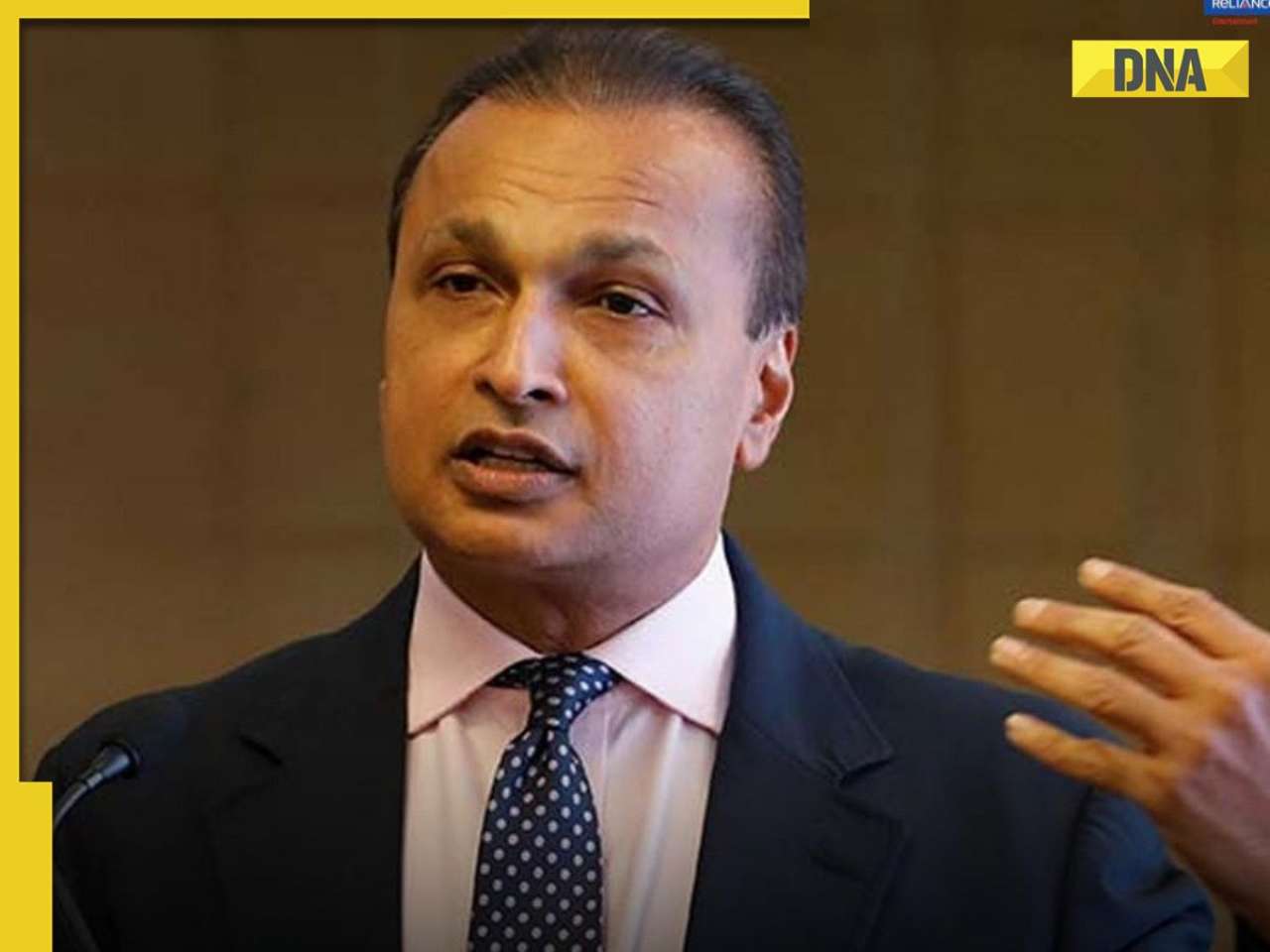
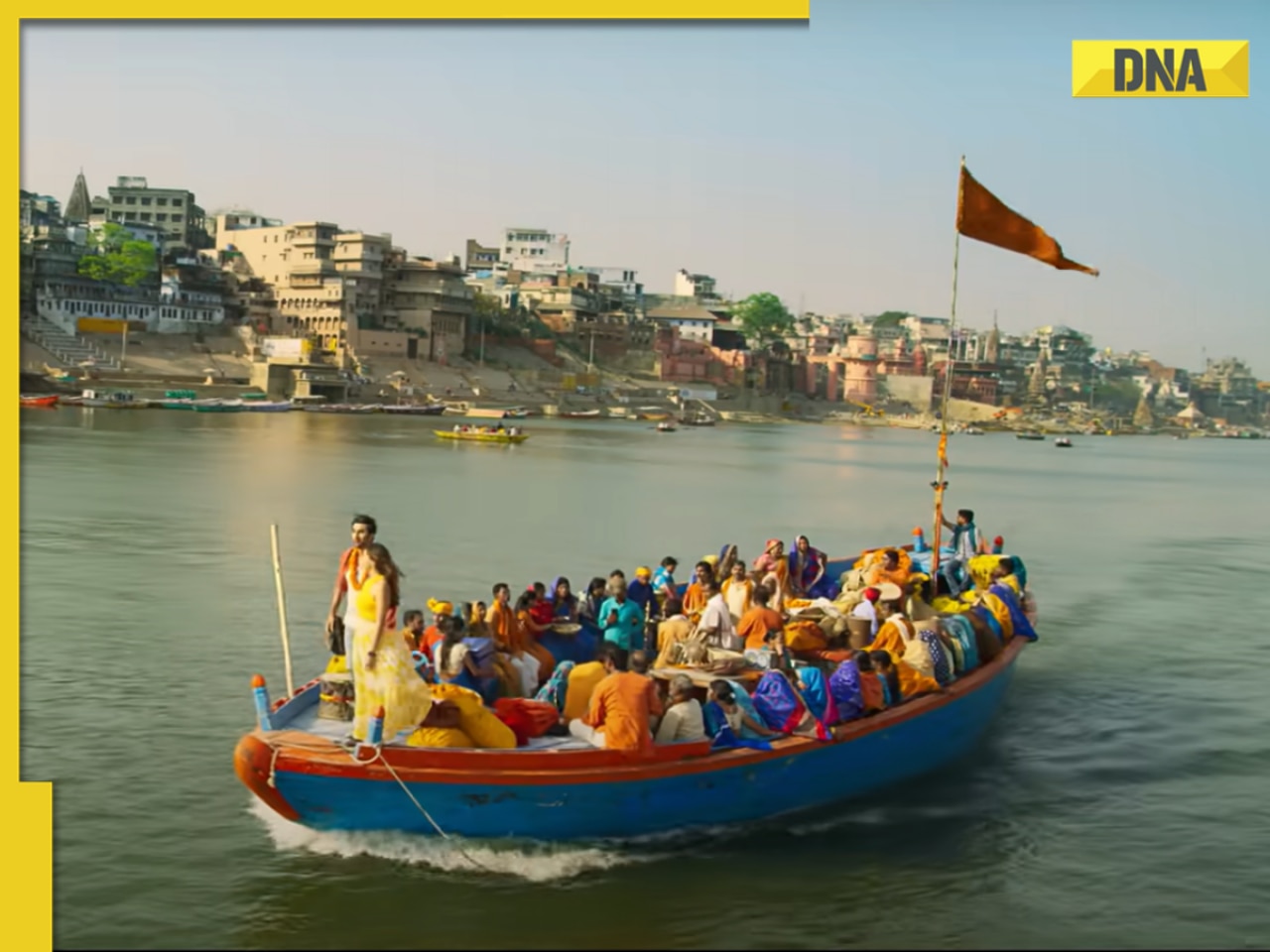
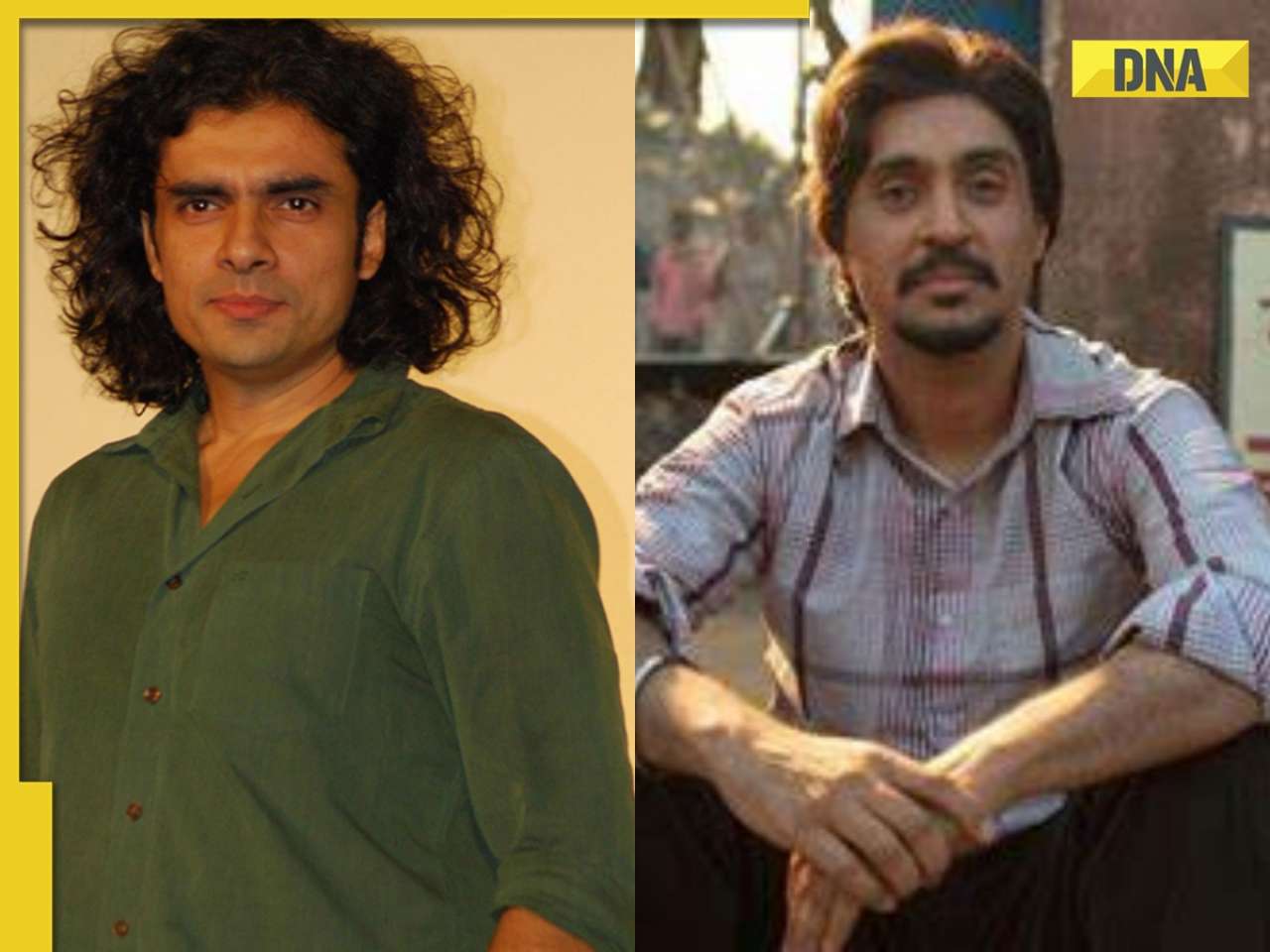






















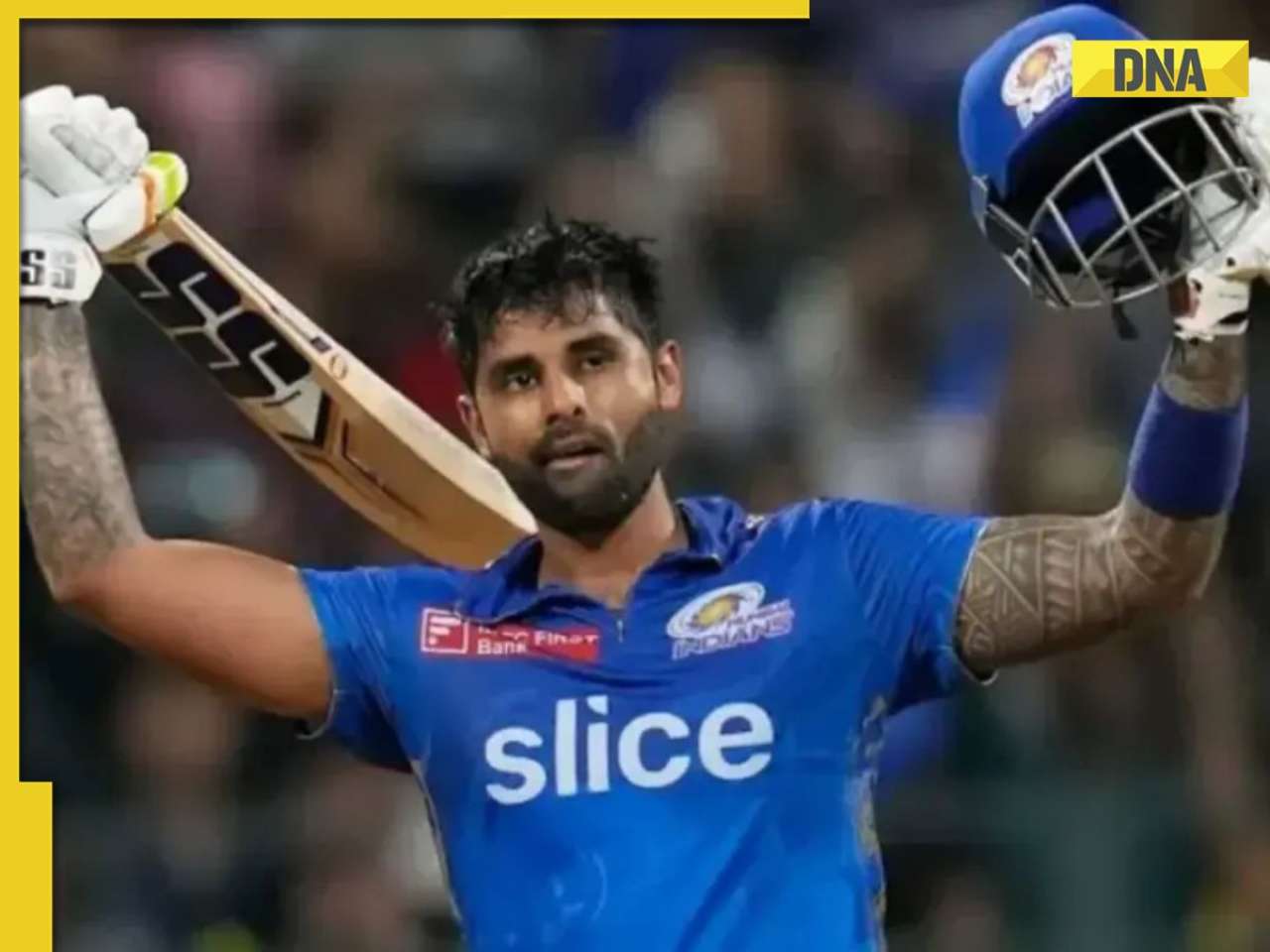
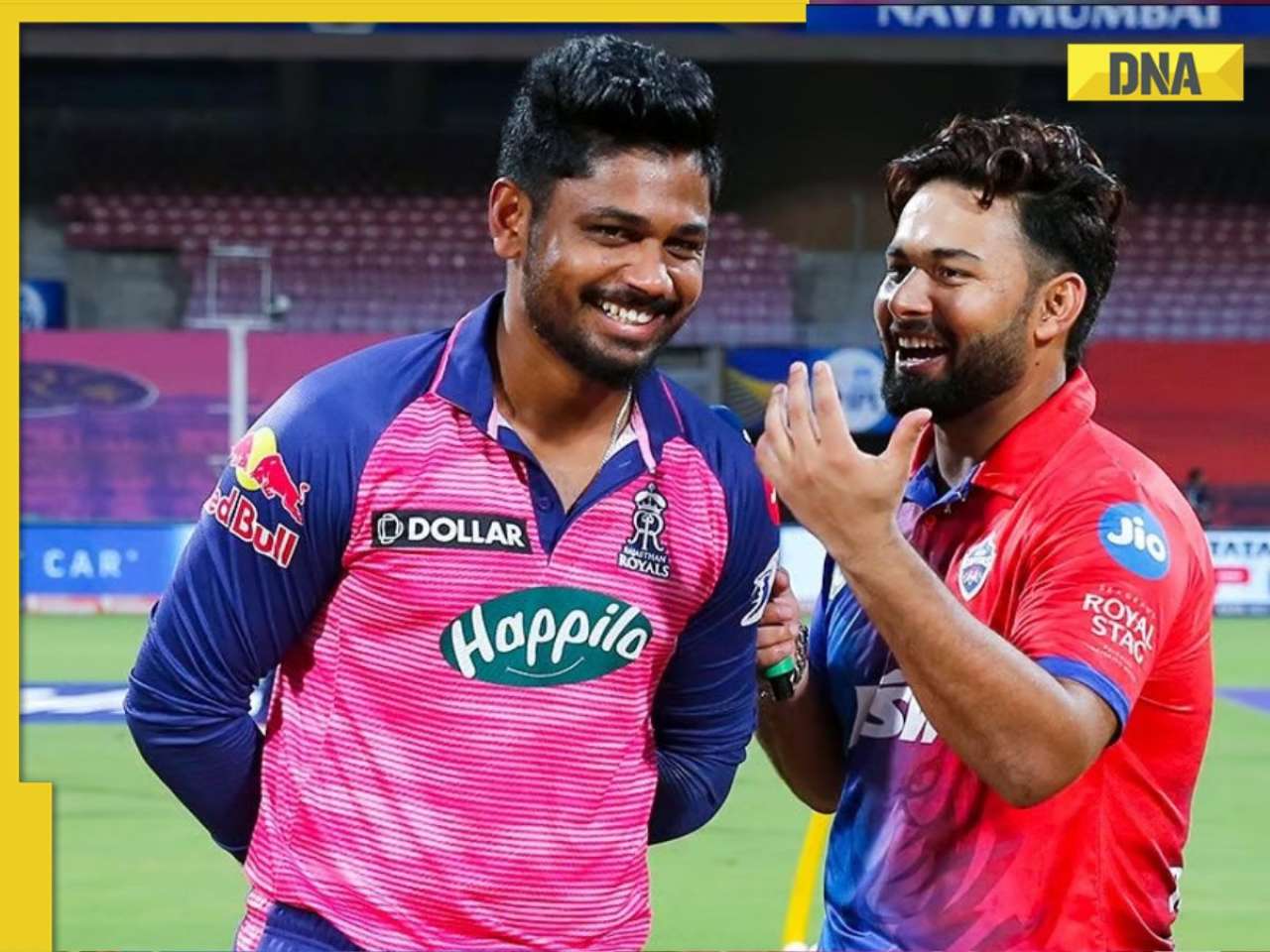
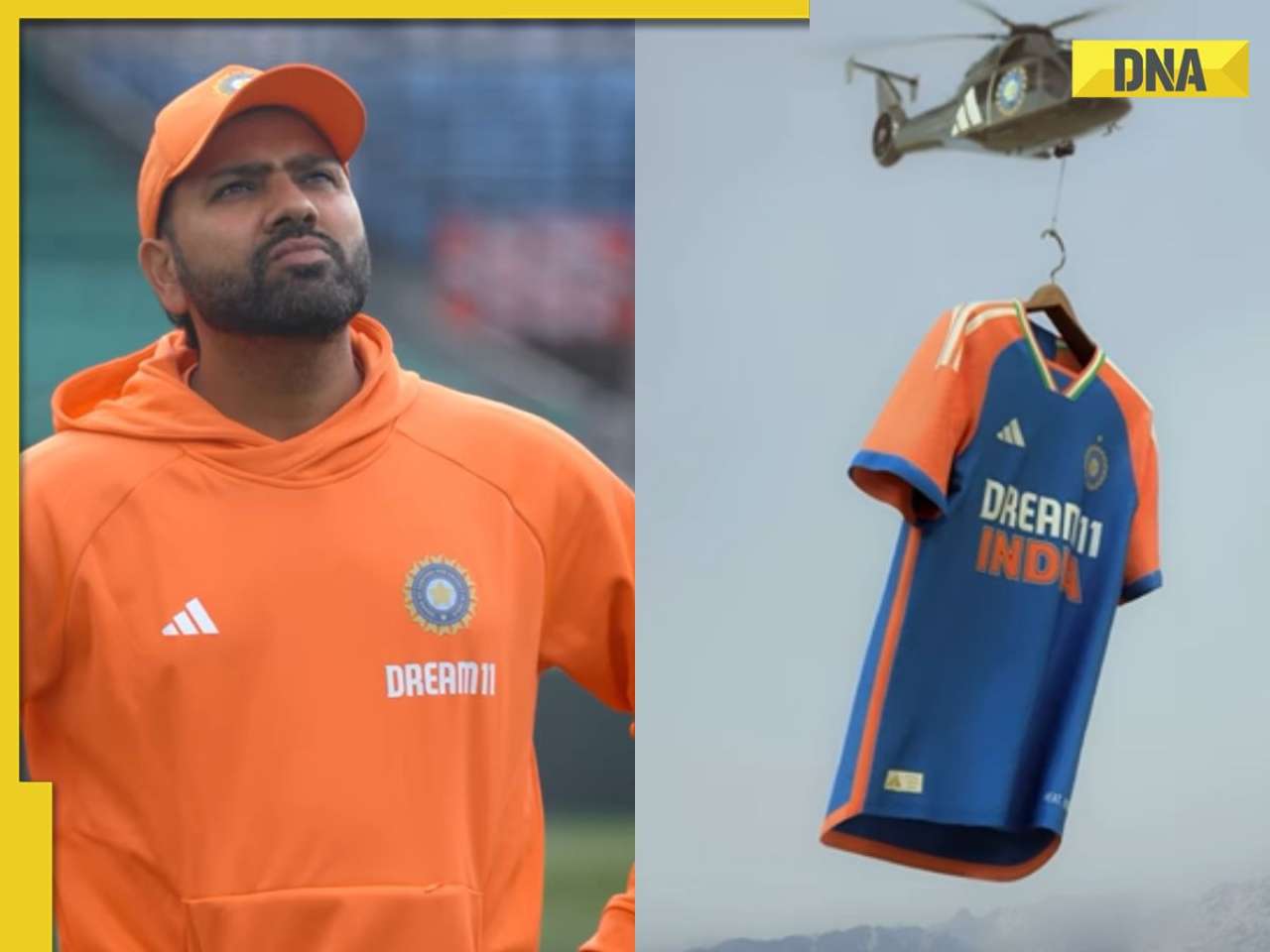
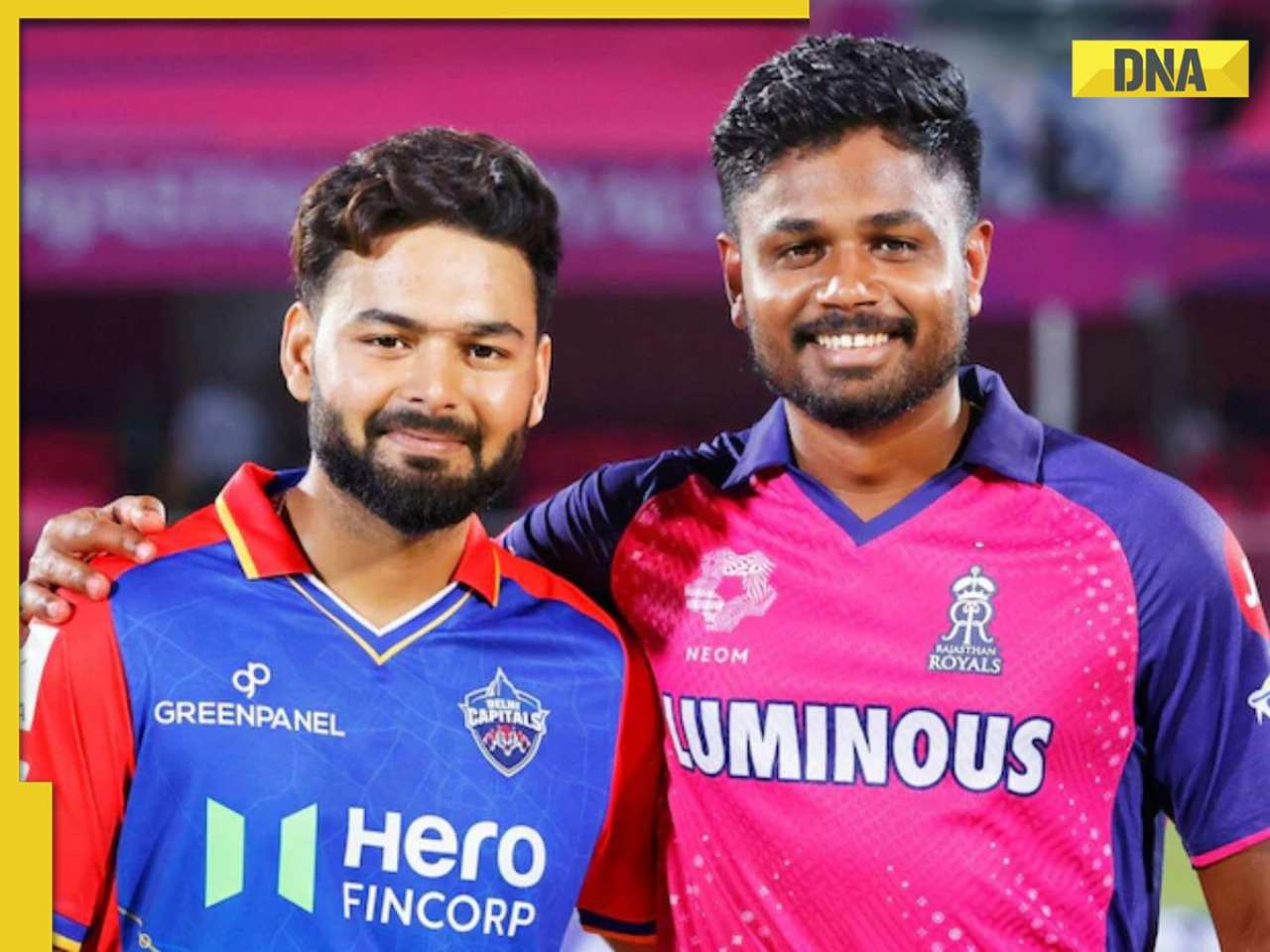

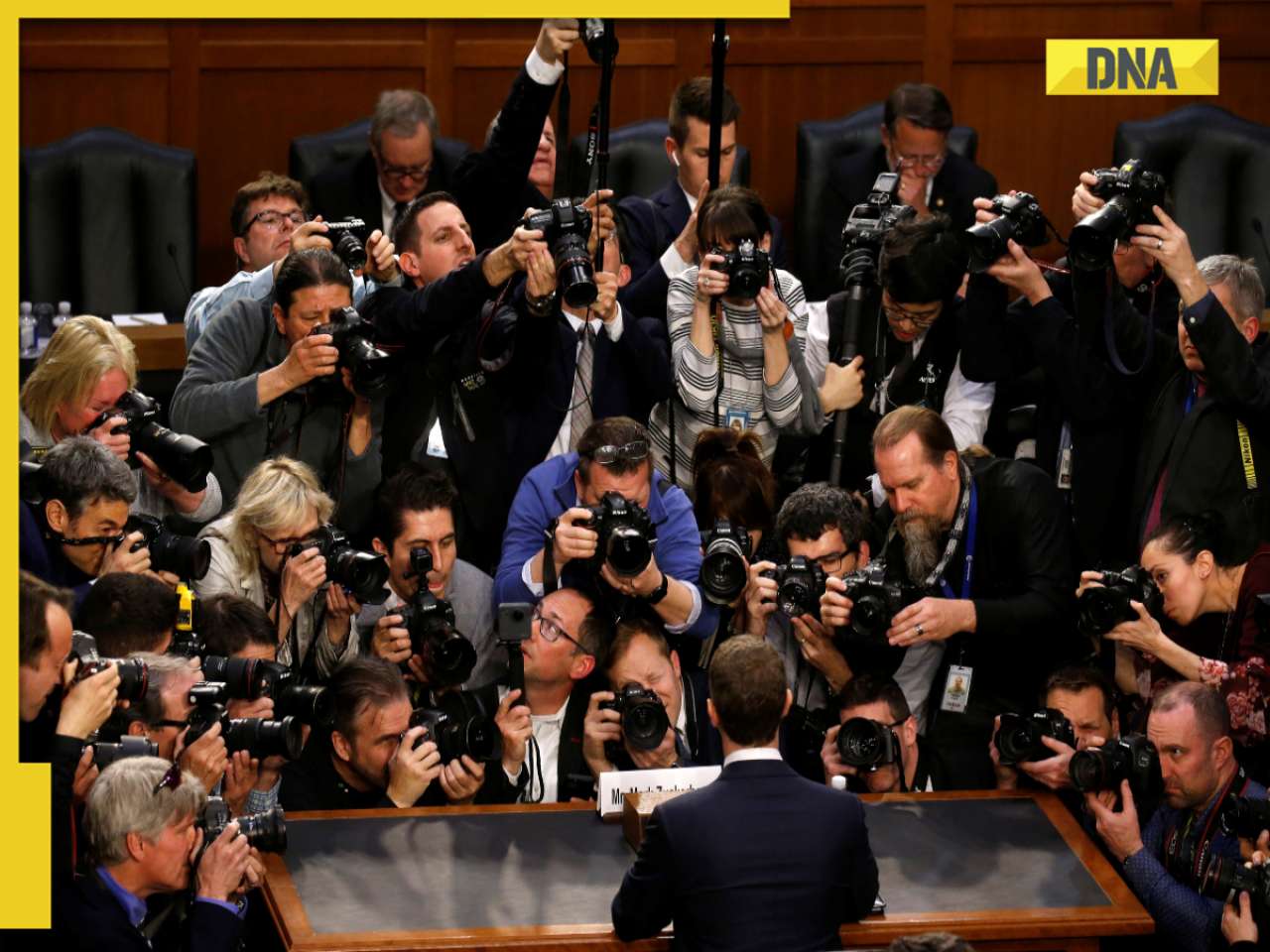







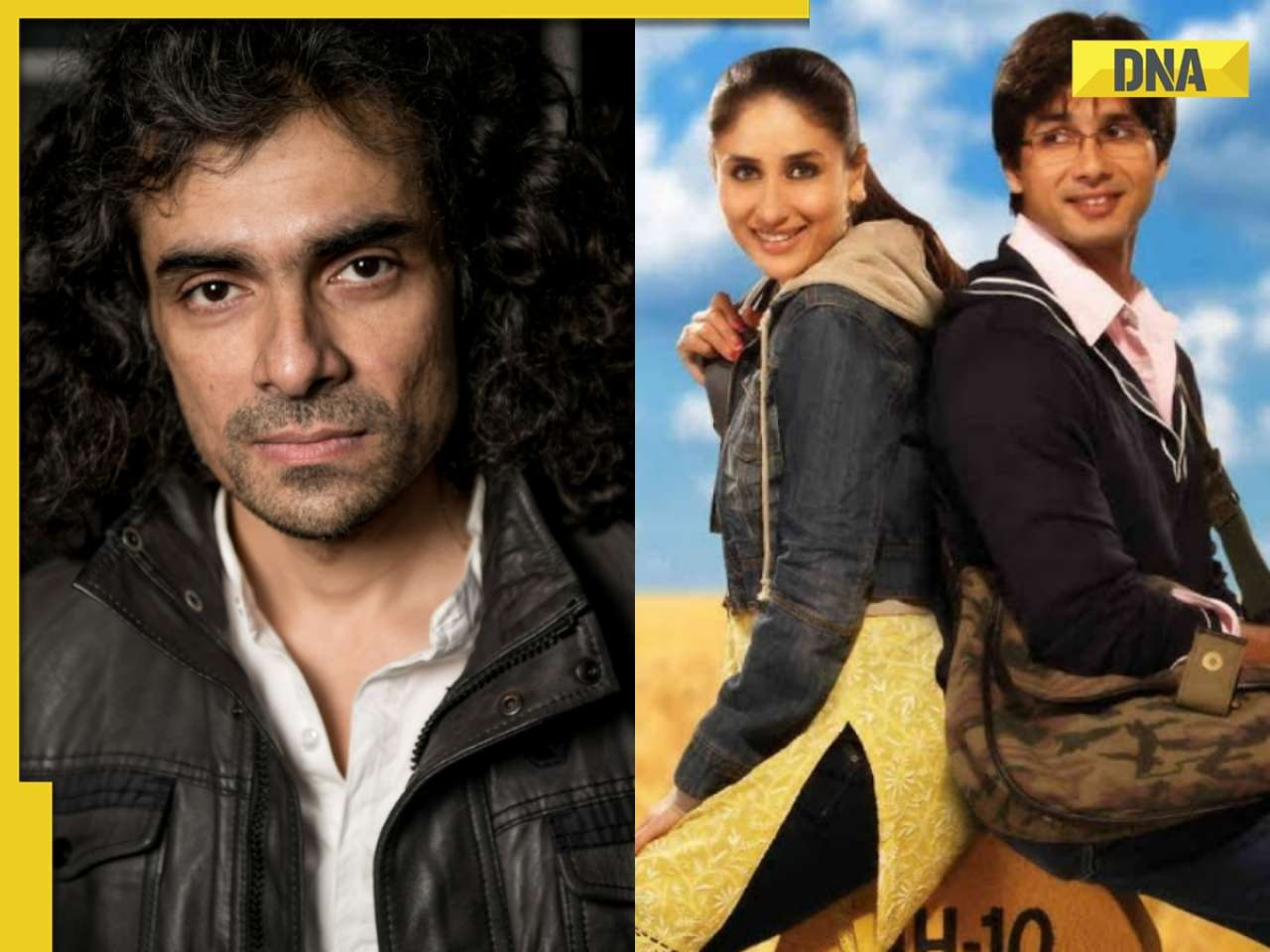

 Ela Bhatt
Ela Bhatt



)
)
)
)
)
)